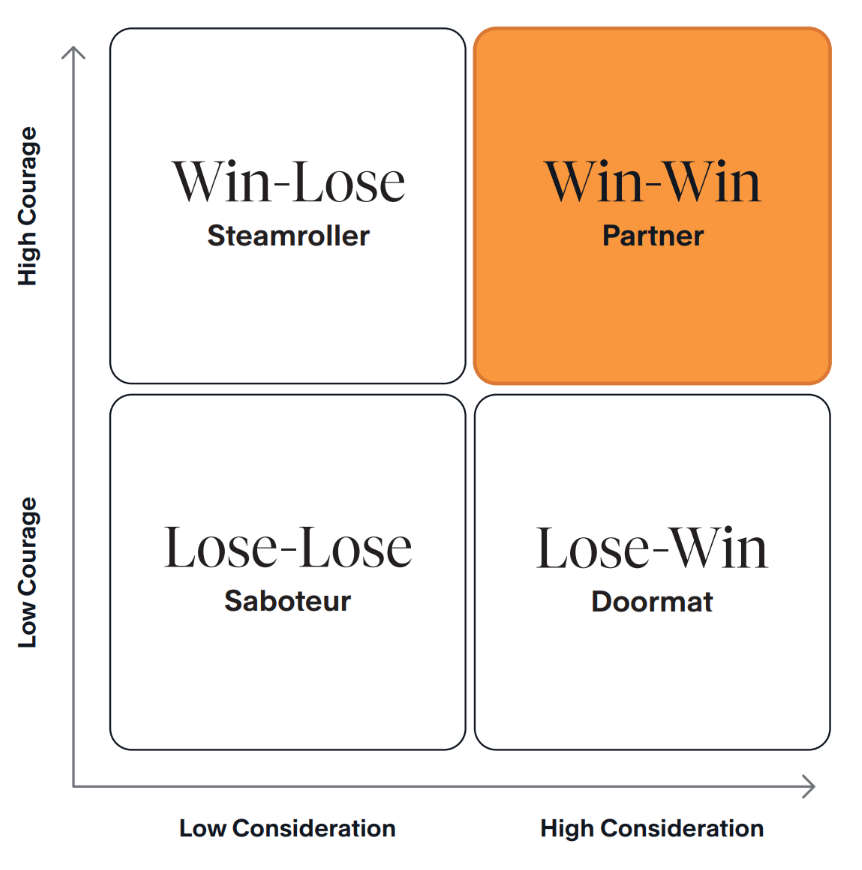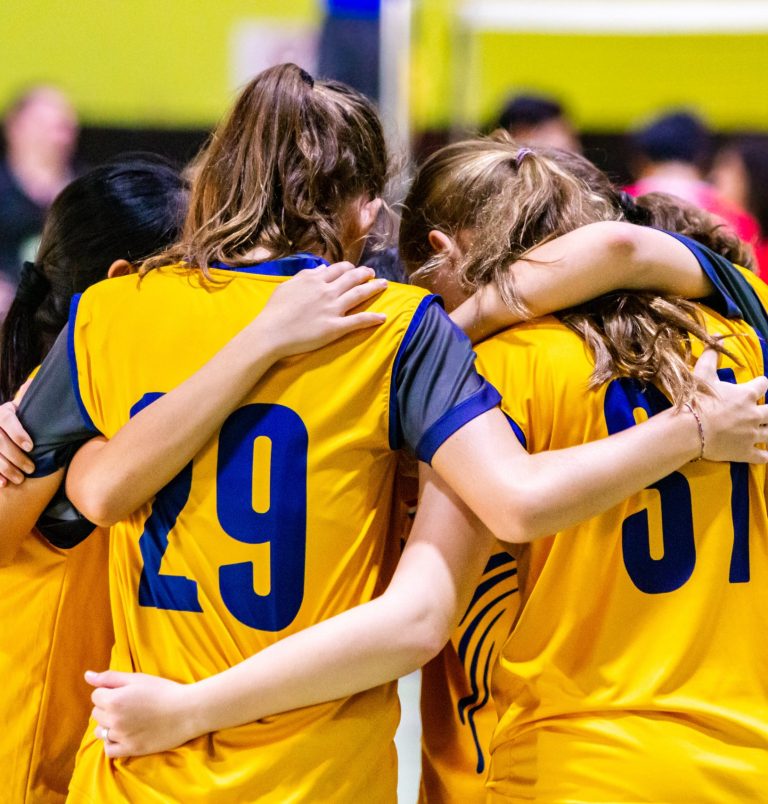Helping Students Find Abundance
Students are especially vulnerable to basing their self-worth on comparison and competition. They’re surrounded by peers with different exam scores, GPAs, and social standings. They’re put into percentiles and honors tracks. This leads them to think about succeeding in terms of someone else failing—if I win, they lose; or if they win, I lose. Life becomes a zero-sum game and they start to believe there’s only so much to go around. Study groups disappear. Friends getting a good grade leads to resentment. Nothing ever feels like enough.
These paradigms of scarcity are worth shifting.
Habit 4: Think Win-Win isn’t just about teaching students to be nice. It’s about instilling in them a character-based code for human interaction and collaboration. It’s about constantly seeking mutual benefit in all human interactions—about finding solutions that are truly beneficial and satisfying for everyone involved. To go for win-win, students not only have to be empathetic, but also confident. They have to be considerate and sensitive, but also brave.
That balance between courage and consideration is the essence of real maturity and is fundamental to a win-win approach to life.
Why Think Win-Win?
Win-win requires that each party be high in courage and consideration. Students who adopt this Habit approach others with generosity and a sense of partnership. As they demonstrate their investment in peers or professors interests and successfully advocate for their own needs, they build stronger, more trusting relationships. Over time they will have created a more meaningful network of support that can bolster them throughout their education and beyond.


In the long run, if it isn’t a win for both of us, we both lose. That’s why win-win is the only real alternative in interdependent realities.
Free Tool
Help students find direction and purpose with this free online tool.
Free Guide
See how institutions are improving retention and student success by teaching students the 7 Habits.
Focus and act on what you can control and influence instead of what you can’t.
Define clear measures of success and a plan to achieve them.
Prioritize and achieve your most important goals instead of constantly reacting to urgencies.
Collaborate more effectively by building high-trust relationships.
Influence others by developing a deep understanding of their needs and perspectives.
Develop innovative solutions that leverage different perspectives and satisfy all key stakeholders.
Increase motivation, energy, and work/life balance by making time for renewing activities.
See how the 7 Habits can easily integrate into your programs and change the lives of your students.









